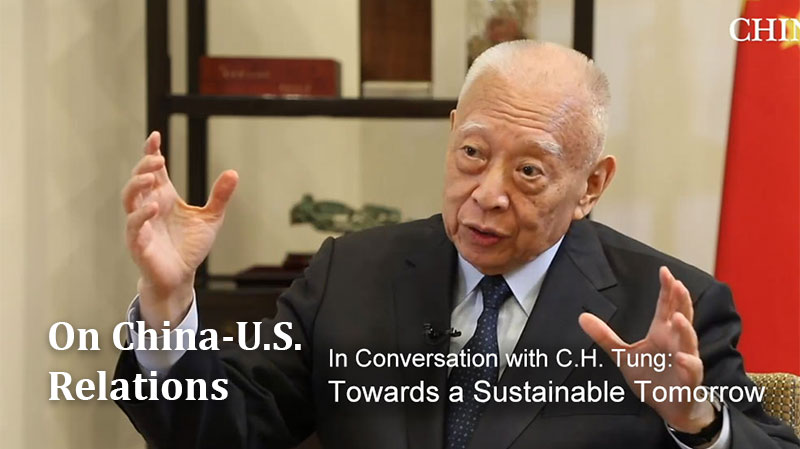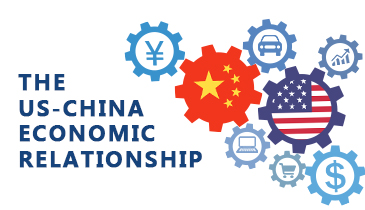
Yi Xianrong, Researcher, Chinese Academy of Social Sciences
Jun 25, 2015
SDR inclusion will mean an endorsement of the renminbi as an international reserve currency, and at the same time, the Chinese government will have the power and capacity to steer and manage the renminbi exchange rate.
Sourabh Gupta, Senior Fellow, Institute for China-America Studies
Jun 01, 2015
Protectionist U.S. Congressmen are proposing a series of amendments that would enforce currency disciplines for China-U.S. cross-border trading. Rather than protecting import-sensitive sectors with that would penalize developing country producers, Congress and global policymakers would be better off updating the fraying architecture of the international monetary system.

Zhang Monan, Deputy Director of Institute of American and European Studies, CCIEE
May 27, 2015
China’s main goals are to give consideration to market supply and the exchange rates of basket currencies, to guide market expectations and to maintain a stable RMB exchange rate -- not to jump on the bandwagon of the “global currency war”. That bodes well for the inclusion of the RMB into the Special Drawing Rights currency basket of the IMF before the end of 2015.
Guonan Ma, Visiting Research Fellow at Bruegel
Apr 15, 2015
The Chinese economy is simply too big to remain tied to the once useful monetary anchor of the renminbi–U.S. dollar peg. It is time to let it go. In the short term, it would help deliver a warranted Chinese monetary easing by helping to stabilise the effective exchange rate and to facilitate an orderly unwinding of the Chinese corporate carry trade.
Yi Xianrong, Researcher, Chinese Academy of Social Sciences
Mar 27, 2015
The Chinese central bank just announced that it will cut interest rates, but the market is more concerned about whether this means China is officially in the sweeping global game of quantitative easing. The Chinese central bank is now in a monetary policy dilemma: It is neither willing to embark on the track of excessive quantitative easing, nor ready to tighten currency policies. Instead, it is returning to neutrality, which doesn’t mean an orientation change in its monetary policies.
Dan Steinbock, Founder, Difference Group
Mar 09, 2015
The controversial issue of “currency manipulation” has resurfaced. However, Washington and Beijing have very different perceptions about the identity of the “currency manipulator.” The net effect is currency friction that is likely to prevail until the 2020s.
Stephen Roach, Senior Fellow, Yale University
Feb 25, 2015
The renminbi has appreciated sharply over the past several years, exports are sagging, and the risk of deflation is growing. Under these circumstances, many suggest that a reversal in Chinese currency policy to weaken the renminbi is the most logical course. That would be a serious mistake.
Yi Xianrong, Researcher, Chinese Academy of Social Sciences
Dec 12, 2014
China’s Central Bank is assessing changes in its international monetary policy in the following areas: RMB internationalization, becoming less dependent on U.S. Federal Reserve monetary adjustments, and containing the arbitrage of foreign speculative investment. With a major focus on the dispossession “outstanding funds for foreign investment,” the RMB is expected to experience moderate depreciation or fluctuation.
He Weiwen, Senior Fellow, Center for China and Globalization, CCG
Dec 13, 2012
While avoiding the label of “currency manipulator,” China’s currency, the renminbi, continues to face criticism by the US Treasury Department for being “significantly undervalued.” Now, an analysis of global trade data seeks to end the correlation between trade surplus and currency exchange rates.
Dean Baker, Co-director, Center for Economic and Policy Research
Sep 14, 2012
With China’s economy slowing in recent months and the US economic recovery still sluggish, both countries have emphasized trade as a means of promoting and sustaining growth. While the possibility of economic friction between China and the US certainly exists, increasing trade does not need to be a zero sum game.
Currency

